Why Muscle Cramps
As an endurance athlete who has experienced muscle cramps during long-distance training and races, I can attest to the frustration and pain they can cause. These sudden and involuntary contractions can be a major setback, making it difficult to continue the activity at hand. It's not just cramps that athletes need to be wary of, but also dehydration and electrolyte imbalances, which can have a significant impact on performance. In this article, I will share my personal experiences with muscle cramps, dehydration, and electrolyte imbalances during training and racing, and explore why Stratos endurance fuel has become my go-to solution for fueling correctly and performing at my best.
What Causes Muscle Cramps
The exact cause of muscle cramps is not well understood, but it is thought to be related to muscle fatigue, dehydration, and electrolyte imbalances are three closely related physiological phenomena that can significantly affect athletic performance. During exercise, muscles consume oxygen and energy to contract, and this process generates waste products that can irritate nerve endings, causing muscle cramps.
Muscle fatigue refers to the decline in muscle force production and endurance capacity that occurs during prolonged or high-intensity exercise. The exact mechanisms of muscle fatigue are complex and multifactorial, but they generally involve the depletion of energy substrates such as glycogen, the accumulation of metabolic byproducts such as lactate, and the impairment of excitation-contraction coupling in the muscle fibers.
Dehydration occurs when there is a loss of body water and electrolytes, typically through sweating during exercise. Even mild dehydration can impair athletic performance, as it reduces blood volume and impairs cardiovascular and thermoregulatory functions. Severe dehydration can lead to heat exhaustion or heat stroke, which can be life-threatening.
Electrolyte imbalances refer to disruptions in the normal concentrations of ions such as sodium, potassium, calcium, and magnesium in the body. Electrolytes are essential for many physiological functions, including muscle contraction, nerve conduction, and fluid balance. During exercise, electrolyte imbalances can occur due to sweating and inadequate hydration, leading to symptoms such as muscle cramping, nausea, and dizziness.
These imbalances can significantly impair athletic performance and increase the risk of injury or other adverse events. Strategies for preventing or mitigating these effects include adequate hydration before, during, and after exercise; consumption of electrolyte-rich fluids or sports drinks; and proper training and conditioning to improve endurance and delay the onset of muscle fatigue.
Other factors that increase the risk of muscle cramps include exercising in hot and humid conditions, inadequate conditioning, poor stretching habits, and improper hydration and nutrition practices. Certain medical conditions and medications can also increase the risk of muscle cramps.
Training Tips to Prevent Muscle Cramps
Preventing muscle cramps requires a multifaceted approach, including adequate hydration, proper nutrition, stretching, and conditioning. Athletes should also pay attention to their body's signals and avoid overexertion. In cases of severe and persistent cramping, medical attention may be necessary. Here are some tips to prevent dehydration and muscle cramps during training:
- Hydration: Drink enough water before, during, and after training. It is recommended to drink 17-20 ounces of water 2-3 hours before exercising, 7-10 ounces every 10-20 minutes during exercise, and 16-24 ounces for every pound of body weight lost after exercise.
- Electrolyte balance: Electrolytes, such as sodium, potassium, magnesium, and calcium, are important for maintaining fluid balance and preventing cramps. Make sure to consume adequate amounts of electrolytes before, during, and after training, either through a balanced diet or sports drinks or supplements. Stratos Performance Nutrition created the perfect balance within their Endurance Fuel formula.
- Gradual acclimation: Gradually increase the intensity and duration of your training to allow your body to adapt and prevent cramps.
- Proper stretching and warm-up: Before training, make sure to properly stretch and warm up your muscles to prevent cramping.
- Listen to your body: Pay attention to your body's needs and respond accordingly. If you feel thirsty, take a drink, if you feel tired or cramps, slow down or take a break.
- Proper Nutrition: Eating a balanced diet rich in fruits, vegetables, and lean protein can help you to meet your body’s needs in terms of electrolytes, vitamins and minerals, also can help your body to recover from training.
- Consultation: Consult with a sports doctor or a sports dietitian, they can provide personalized recommendations and help you to develop a hydration and nutrition plan that meets your individual needs and goals.
It's important to note that preventing dehydration and cramps during training is a multifactorial process and there is no one-size-fits-all solution, so it's important to experiment with different methods and find what works best for you.
What Electrolyte Drink Is Best To Avoid Muscle Cramps
Stratos Endurance Fuel is a high-quality electrolyte drink that can help athletes perform at their best by providing essential nutrients during training and endurance events. The unique blend of electrolytes, carbohydrates, and amino acids in Stratos Endurance Fuel can help to prevent dehydration, muscle cramps, and fatigue, and provide the necessary energy for optimal athletic performance.
The main benefits of Stratos Endurance Fuel are its ability to hydrate the body, replenish electrolytes, and provide a sustained source of energy during training and competition. The drink contains a precise blend of electrolytes, including sodium, potassium, magnesium, and calcium, which are essential for maintaining fluid balance and preventing cramps.
Stratos Endurance Fuel has Cluster Dextrin (Highly Branched Cyclic Dextrin) is a carbohydrate, which can provide a steady stream of energy to fuel the body during exercise. The drink also contains amino acids, including branched-chain amino acids (BCAAs), which can help to prevent muscle damage and enhance recovery after exercise.
What sets Stratos Endurance Fuel apart from other sports drinks on the market is its attention to detail and the quality of its ingredients. The drink is made in Canada and formulated using the latest scientific research on athletic performance and endurance. It also contains no artificial flavors, colors, or sweeteners. This ensures that athletes can trust Stratos Endurance Fuel to deliver optimal performance without compromising their health.
Conclusion
Stratos Endurance Fuel is an essential tool for athletes looking to optimize their performance during training and competition. Its unique blend of electrolytes, carbohydrates, and amino acids can help to prevent dehydration, muscle cramps, and fatigue, and provide the necessary energy for optimal athletic performance. With its attention to detail and quality ingredients, Stratos Endurance Fuel is the best electrolyte drink on the market for athletes serious about their training and performance.
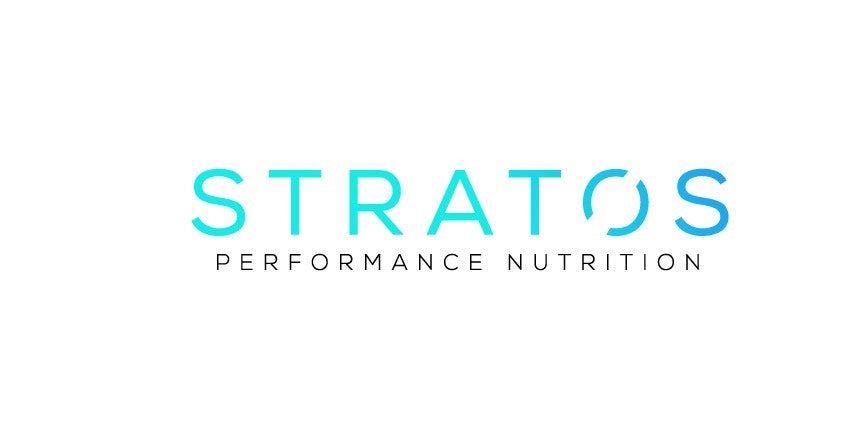
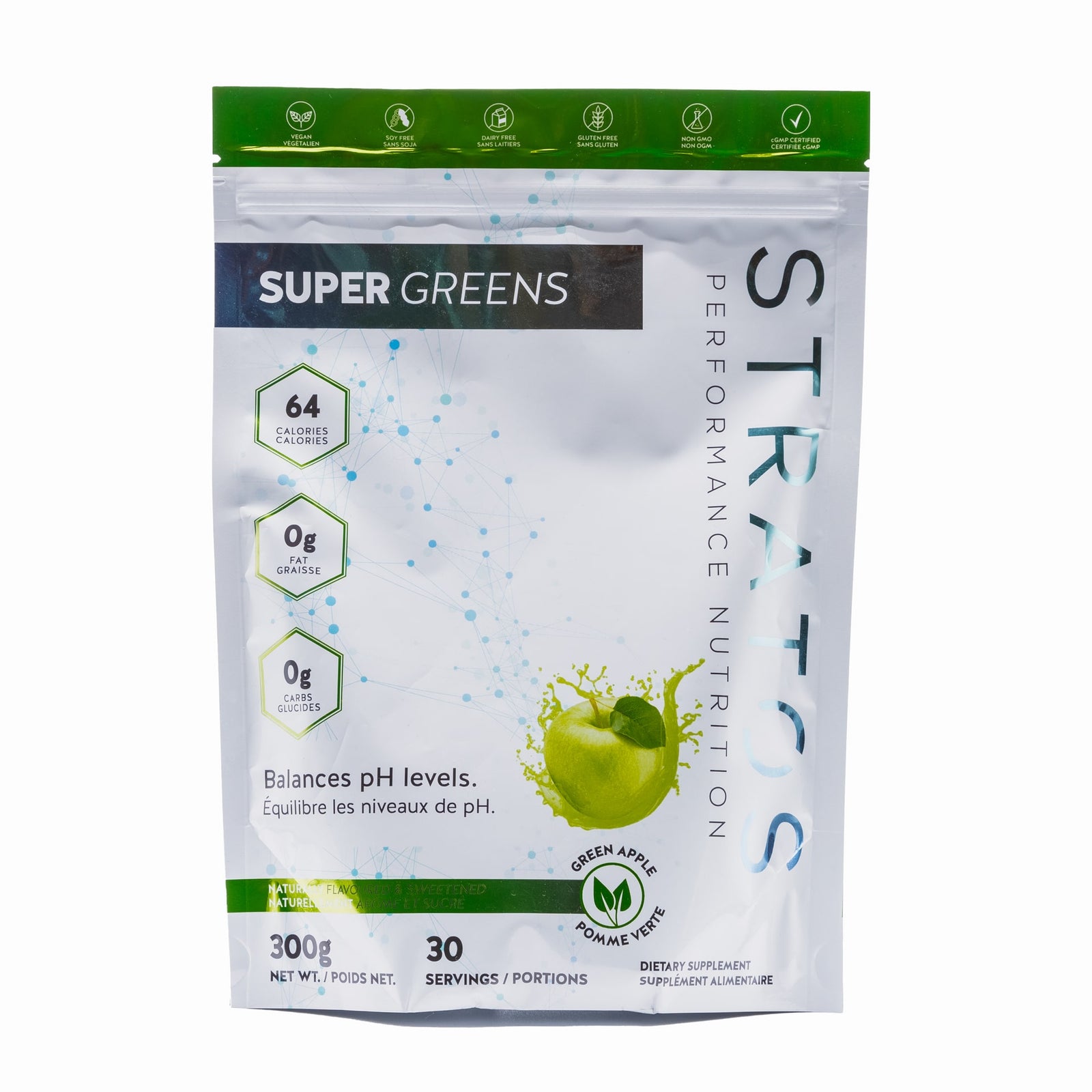
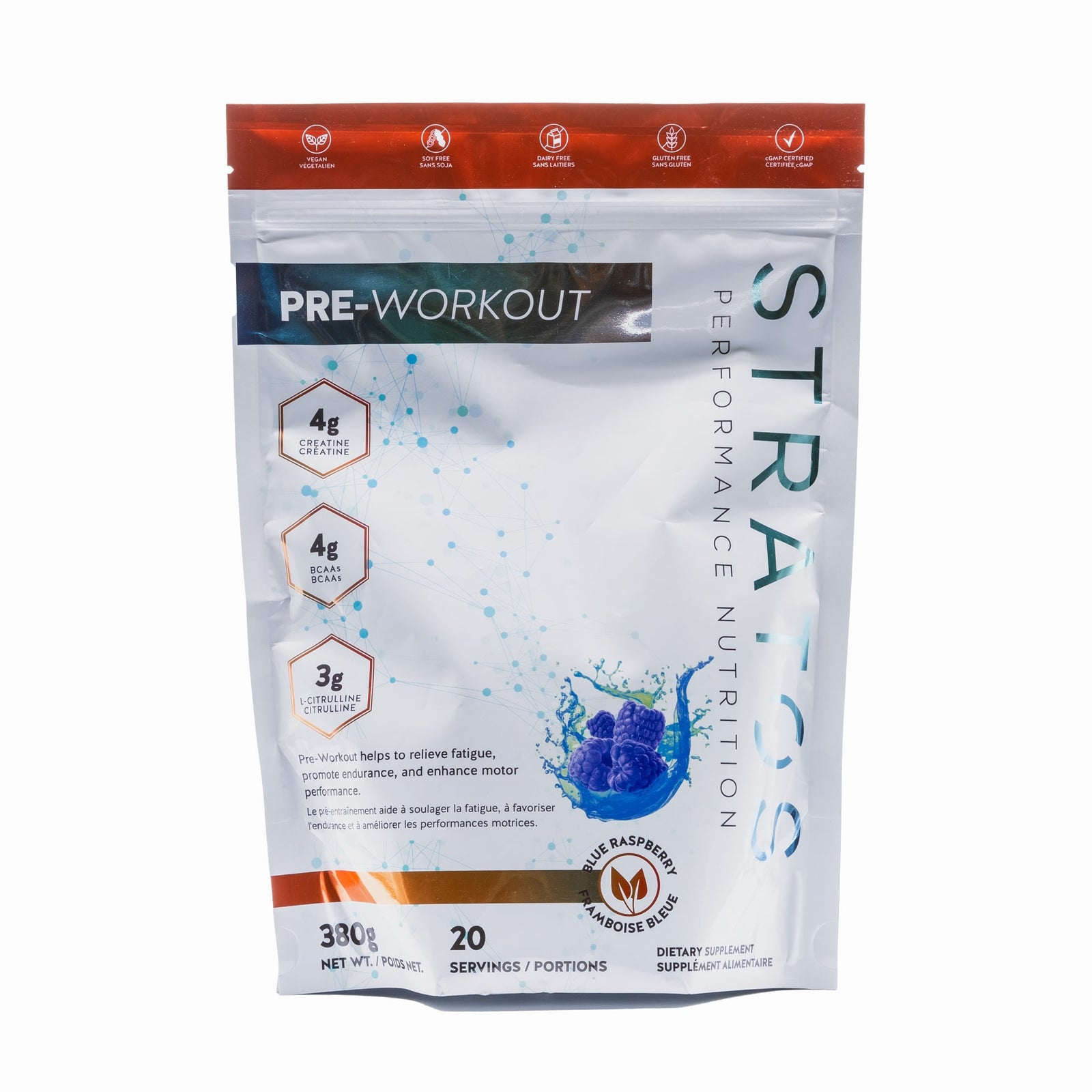
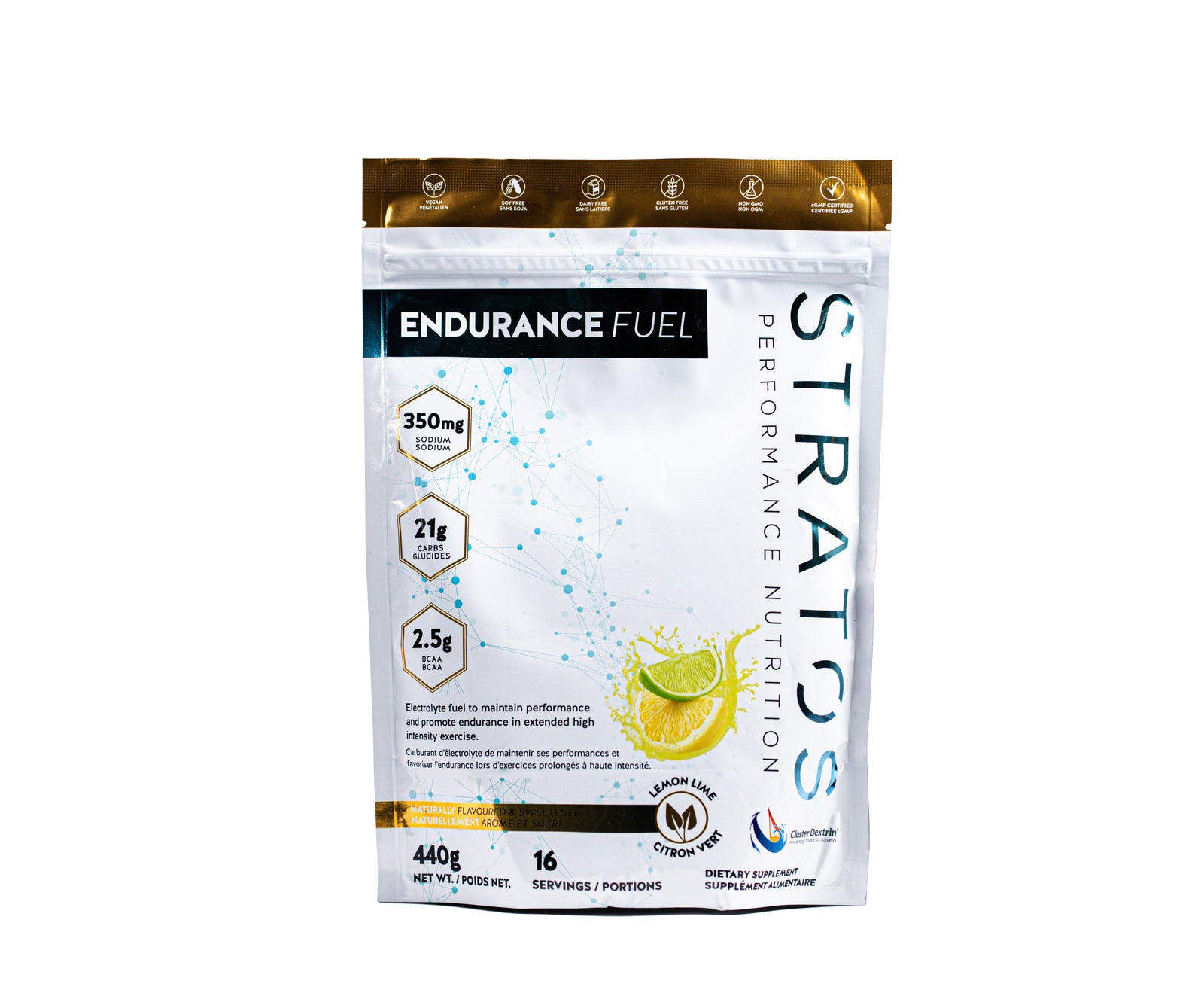
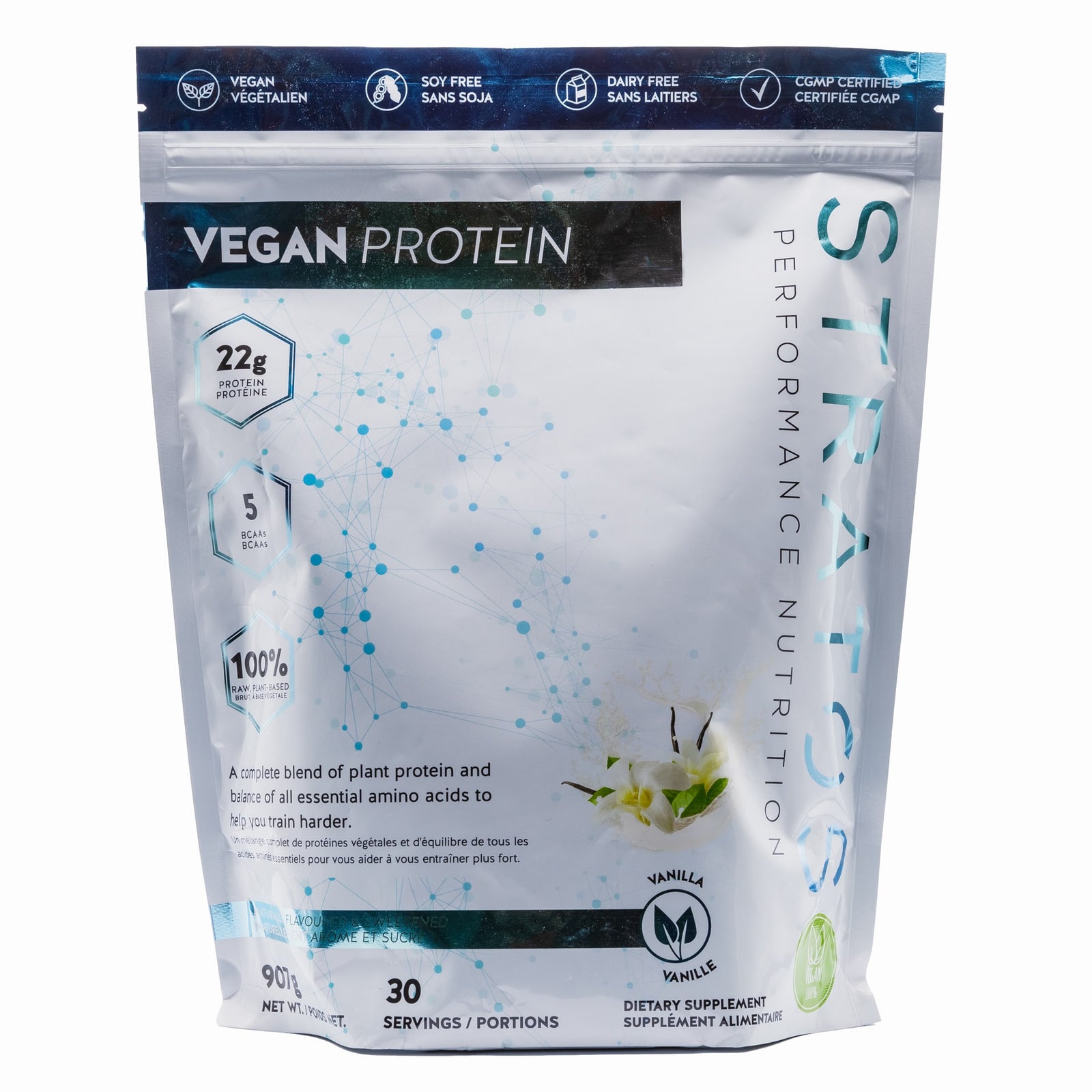


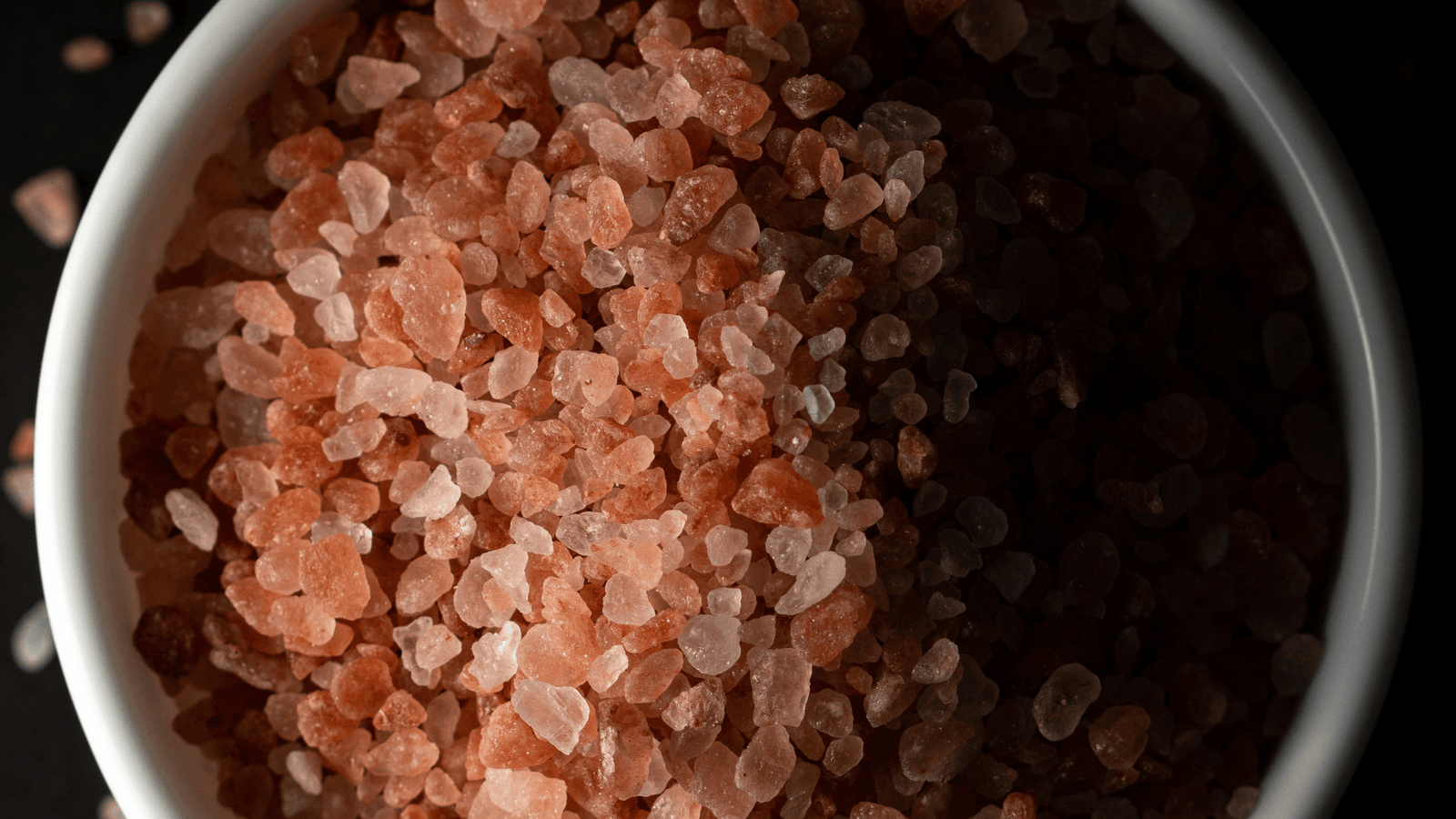

Leave a comment (all fields required)